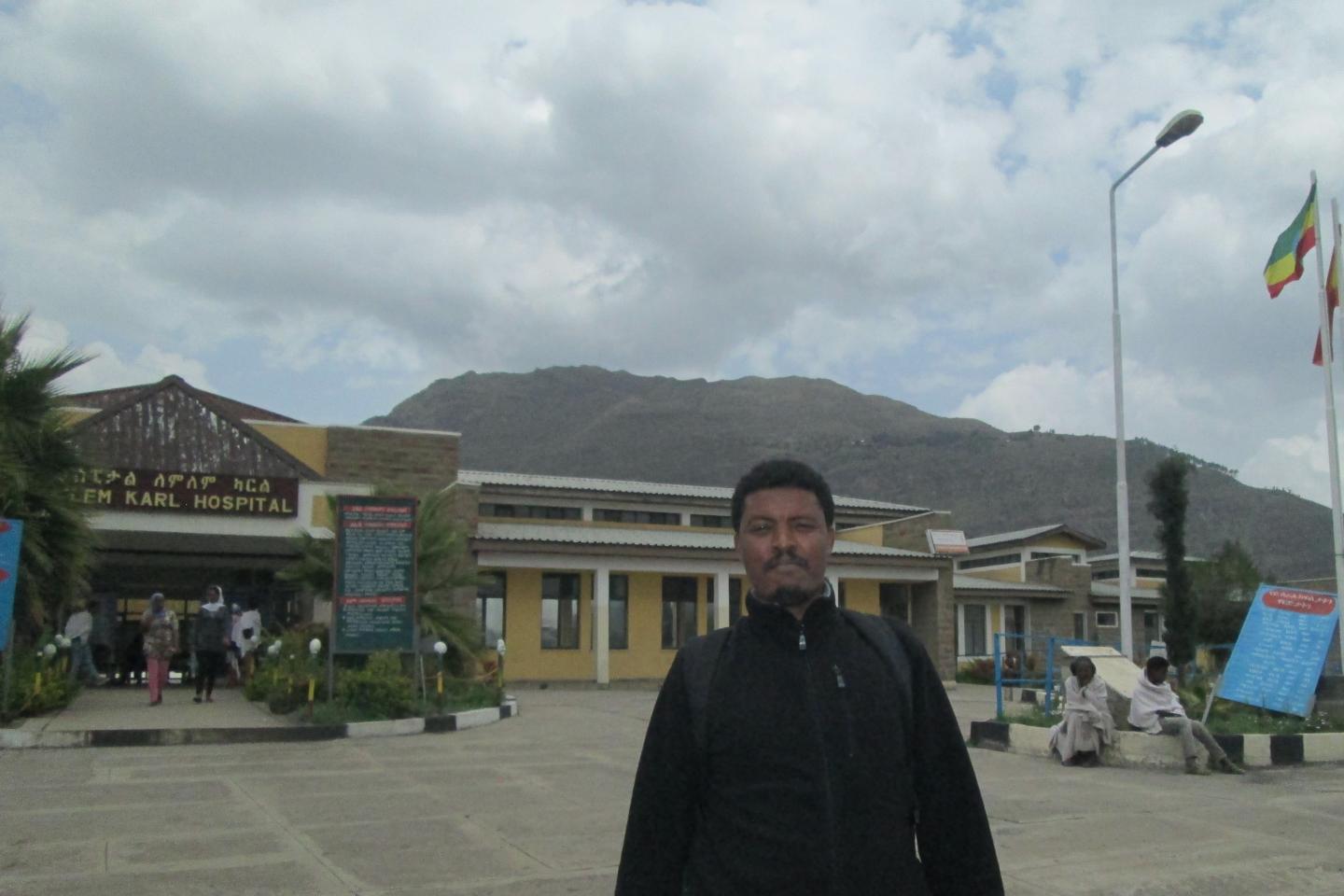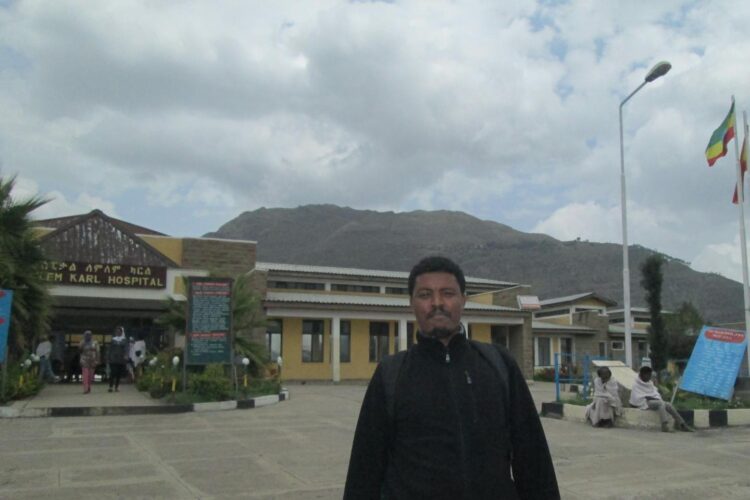Studies of food programs and treatment in jails

Credit: Flinders University
HIV management in developing countries varies with socioeconomic and structural circumstances, with two Flinders University studies finding examples of key ways to close the gap for those worst affected in developing countries.
The studies, just published in PLoS ONE journal, call for reforms to nutritional programs and for better treatment of HIV affected prisoners – providing guidance for several sub-Saharan regions as well as other low and middle-income countries.
Focusing on the Tigray region in northern Ethiopia, a Flinders University project led by Dr Fisaha Tesfay examined 1757 hospital records of adults living with HIV who enrolled in a nutritional program and also interviewed 33 people living with HIV, health providers and food program managers.
“We conclude that the nutritional programs in HIV settings should be reoriented towards addressing the underlying challenges such as poverty, poor livelihood, food insecurity, rather than just malnutrition,” he says.
“As well, inefficiencies in the programs can discourage people from using them, particularly if they are not well and less able to resist infection.”
Dr Tesfay says stigma and discrimination in the community flows through to food sharing, with the religious practice of fasting – and challenges of distance and transportation – also detrimental to the delivery and uptake of HIV-directed food programs in Ethiopia.
“The need for comprehensive and timely nutritional counselling to people living with HIV is relevant in all countries, including developed economies,” he says.
The other Flinders University study was a systematic review of HIV care in low and middle-income countries compared to high-income countries.
Lead researcher Terefe Fuge says incarcerated people are at increased risk of human immunodeficiency virus (HIV) infection relative to the general population.
“Despite a high burden of infection, HIV care use among prison populations is often suboptimal and varies among settings, and little evidence exists explaining the discrepancy.
The Flinders review of 42 reports found a number of barriers to optimal use of HIV care in prisons around the world, particularly in resource-limited countries.
“As well as structural factors, a history of incarceration and re-incarceration, lack of community and social support, stigma, discrimination, substance abuse and negative attitudes to antiretroviral therapy reduced outcomes for HIV positive inmates,” says public health researcher Dr Terefe Fuge.
“While correctional facilities often didn’t match community standards of HIV care, we round they could have substantial powers to contribute to the use of HIV treatment as a prevention strategy.
“There is therefore an urgent need to improve interventions in poorer countries where there appears to be higher rates of delayed initiation and suboptimal outcomes of ART in prisoners, aiming to reduce the considerable disparity in the practice of standard of HIV care in low-income countries such as many in sub-Saharan Africa,” he says.
###
References:
Contextual and individual level factors influencing nutritional program effectiveness in HIV care setting in Tigray region, northern Ethiopia: Mixed methods study (April 2020) by Fisaha Tesfay, Anna Ziersch, Lillian Mwanri and Sara Javanparast DOI: 10.1371/journal.pone.0231859
https:/
A systematic review and meta-analyses on initiation, adherence and outcomes of antiretroviral therapy in incarcerated people (May 2020) by TG Fuge, G Tsourtos and ER Miller ER in PLoS ONE 15(5): e0233355. DOI: 10.1371/journal. pone.0233355
https:/
Media Contact
Tania Bawden
[email protected]
Related Journal Article
http://dx.





